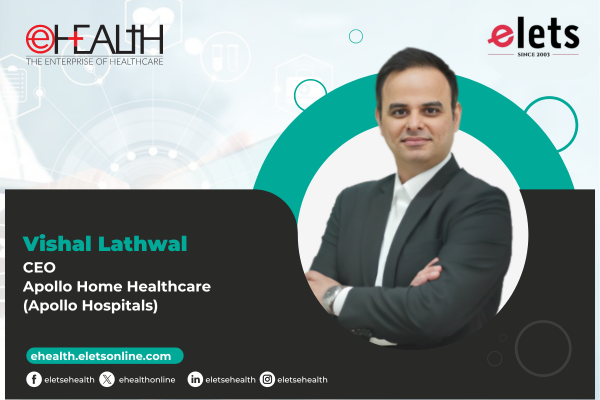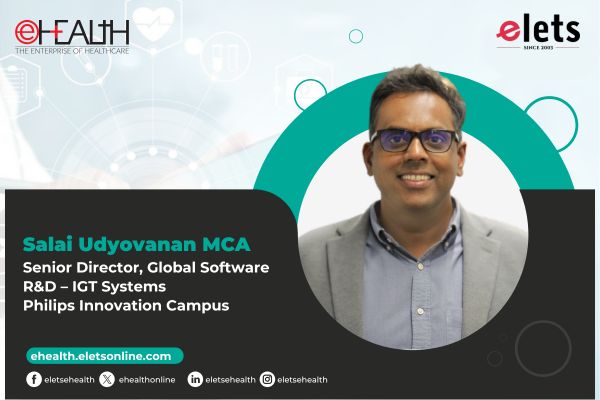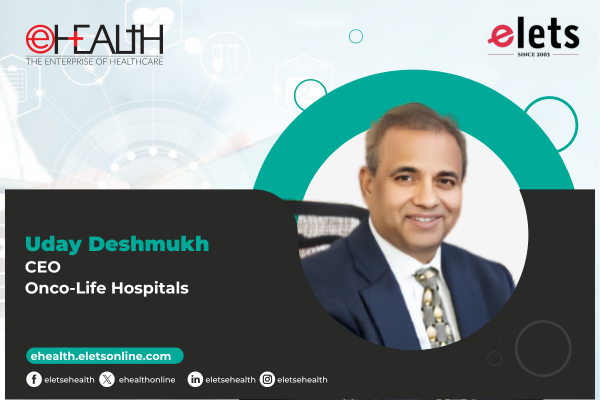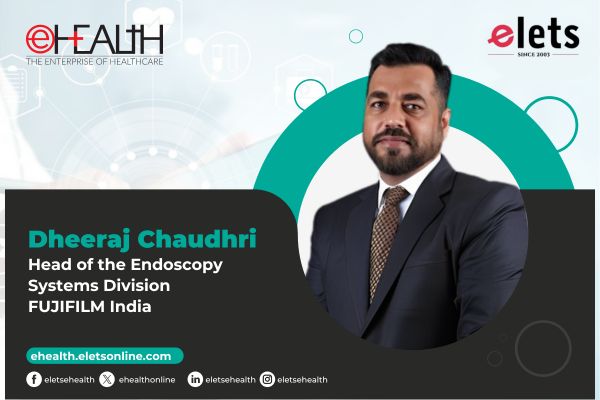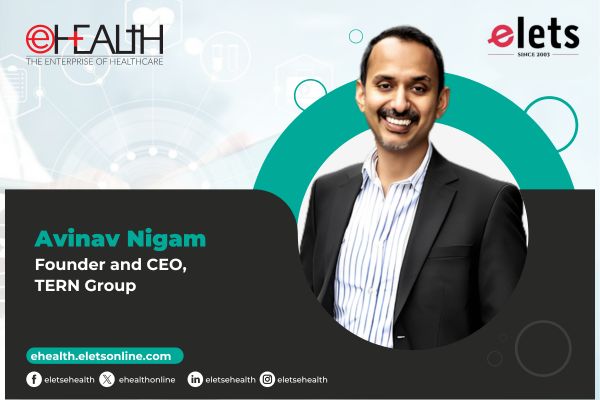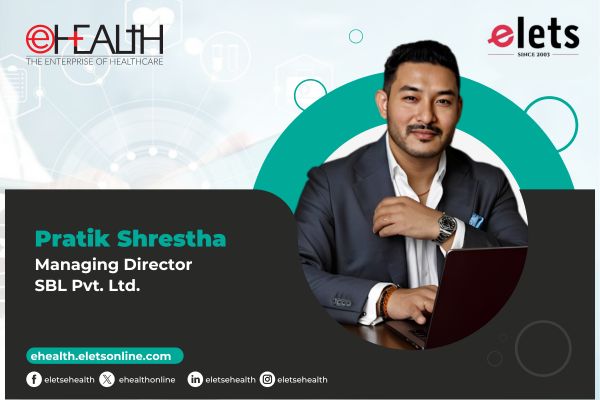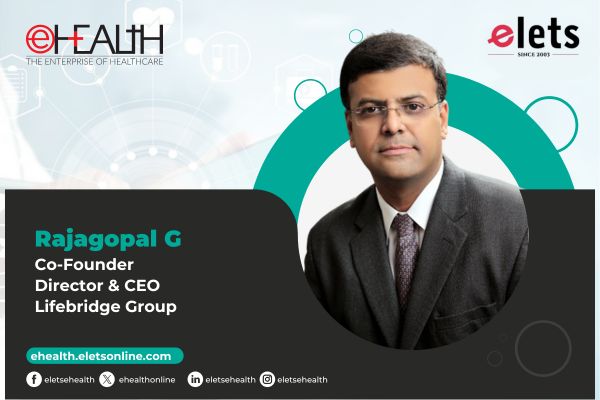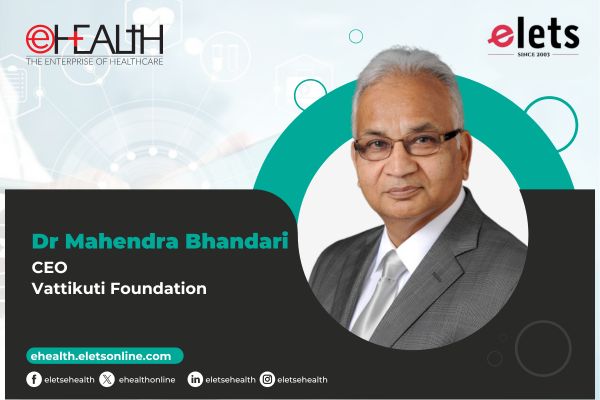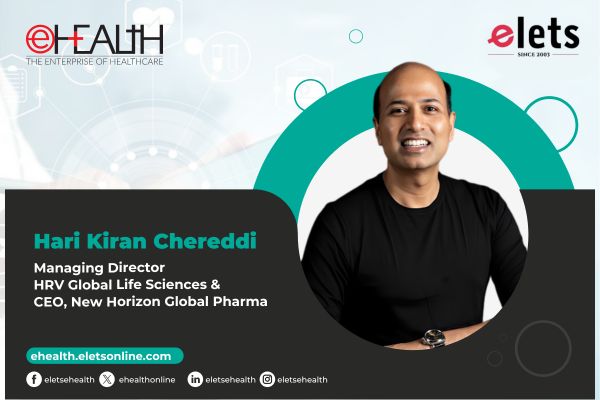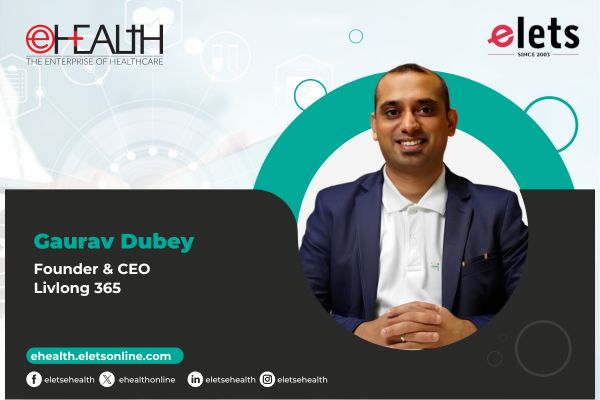
In a world increasingly recognizing the importance of mental health, the stigma and gaps in access to quality care remain significant barriers. In an exclusive conversation with Dr. Asawari Savant of Elets News Network (ENN), Manun Thakur, Founder & CEO of Veda Rehabilitation and Wellness, sheds light on innovative approaches and the pivotal role of empathy, technology, and holistic wellness in transforming mental health care delivery. Edited excerpts
What inspired you to start Veda Rehabilitation & Wellness, and how did your personal journey shape the vision behind the center?
In early 2020, I visited a psychiatrist out of curiosity and perhaps to better understand some behavioral changes in myself. She diagnosed me with “acute loneliness” and “adult A.D.D.” These revelations sparked my curiosity about mental health and everything it entailed.

From 2020 until February 2021, my mother was quite unwell and frequently hospitalized. During her treatment, I discovered that she was battling depression. She passed away in February, which emotionally motivated me to take action in the mental health space. I started Veda within 30 days of her passing as a tribute to her. My goal was to make the world a slightly better place.

Can you tell us more about Veda’s voluntary-based treatment approach? How does this philosophy impact the effectiveness and longevity of healing outcomes?
Veda is a place of learning—a space to discover yourself in a stress-free environment that focuses on overall well-being. Personally, I believe you cannot help someone who doesn’t want to be helped. For this reason, we only take clients who voluntarily seek help and are committed to getting better.

It takes a lot of courage to walk into rehab. Once you do, it’s already 50% of the battle won. The other 50% involves submitting yourself to change and opening up to the process. Over the next few weeks, you will discover your triggers and patterns and work on changing the ones that will improve your life.

These discoveries pave the way for daily progress—one step at a time. Repeating these exercises helps establish patterns in your brain, eventually forming habits. And as we all know, habits can last a lifetime.
Veda combines conventional therapies like CBT and DBT with holistic practices such as yoga, Ayurveda, and sound healing. How do you ensure these practices work together effectively for each client?
While Cognitive Behavioral Therapy (CBT) and Dialectical Behavioral Therapy (DBT) focus on emotional regulation, yoga, Ayurveda, and sound healing address physical well-being. Together, they form a formidable healing force.
At the time of admission, we conduct five assessments for each client:
- Psychiatric Assessment
- Psychological Assessment
- Physiological Assessment
- Nutritional Assessment
- Well-being Assessment
Based on the findings, along with the client’s preferences, a personalized recovery plan is devised. This plan is then discussed with the client to set realistic expectations, ensuring the best possible outcomes.
The Let’s Get Happi app is a unique initiative for mental health support, especially targeted at young adults. What drove the decision to launch this app, and how has it been received so far?
We started with the most challenging aspect of mental health treatment—rehabilitation. To make it even more challenging, we ventured into luxury rehabilitation. After running these successfully for a few years, we realized we had grown and were ready to help more people, which aligns with our broader vision.
Therapy is the most commonly used form of healing for mental health issues, so we decided to make therapy more accessible. We recognized the need for 24/7 access to therapy, anonymity to make people more comfortable, and affordability.
We launched the app on August 2, 2023. Within a year, we achieved over 80,000 downloads, conducted over 3,500 therapy sessions, and continuously innovated and expanded. The response has been fantastic.
Privacy and accessibility are major concerns in mental health care. How does Veda leverage technology to ensure secure, private, and accessible support for clients, particularly on the Let’s Get Happi app?
At the rehab level, we work with many high-profile individuals and high-performing executives, where privacy and discretion are paramount, especially in the initial stages.
We designed the app with strict privacy principles:
- Client data is not used to sell or market any product or service.
- Identities remain confidential; even psychologists receive only case file numbers without names or contact details.
- All data is securely hosted on Amazon Web Servers, among the most secure platforms in the world.
To address accessibility, we created a decentralized call center staffed by psychologists who respond to all calls and chats in real time, 24/7. This ensures that the first responder is always a qualified human professional with a master’s degree in psychology.
Given that Veda caters to high-profile individuals, what additional steps do you take to maintain discretion while providing personalized and premium care?
We work with politicians, athletes, industrialists, actors, models, and high-net-worth individuals. Despite their professions and bank balances, they are all just people. We take the time to understand what’s troubling them and create personalized recovery plans tailored to their needs.
Additionally, we ensure they have the comforts of home, excellent food (which is also healthy), and compassionate care. Instead of opting for a formal five-star setup, our properties are designed as luxury homestays with warm staff and a relaxed environment that fosters recovery.
How has your educational background, including your studies at Harvard, influenced the way you lead Veda and approach the challenges of running a mental health organization?
I’ve studied leadership and entrepreneurship at Harvard and computer science at NIIT, but life—especially my failures—has taught me the most important lessons. Having personally experienced mental health challenges, I’m fully invested as a person and as an entrepreneur.
Beyond the mental health treatment business, I’ve been involved in diverse ventures, including real estate development, retail, and infrastructure management. These experiences have shaped my approach to running Veda.
Mental health awareness is on the rise, yet stigma persists. What role does Veda play in addressing stigma, and what initiatives do you believe are most impactful in shifting public perception?
We host numerous events at colleges and workplaces, constantly educating people on how good mental health is a superpower. While social media and websites are helpful, nothing beats the physical impact of meeting people in person and discussing a topic you’re passionate about.
I recognize that while mental health is a “trending” topic, making a real impact will take at least a decade.
Looking ahead, what are your goals for Veda Rehabilitation & Wellness, and how do you envision expanding its impact on mental health care in the years to come?
I want Veda to become the world’s first billion-dollar company built on kindness. This is my ultimate goal.
We must constantly innovate, expand our presence, and deliver cutting-edge healing techniques to make a meaningful impact. While technology, including AI, can enhance user experiences, I believe its increasing prevalence is counterproductive to mental health. The next pandemic will be mental, driven by our growing isolation from society.
At Veda, we will never use AI for treatment or healing. True healing comes from emotional connections and genuine conversations without fear of judgment. That’s the path we’re committed to.
Be a part of Elets Collaborative Initiatives. Join Us for Upcoming Events and explore business opportunities. Like us on Facebook , connect with us on LinkedIn and follow us on Twitter , Instagram.
"Exciting news! Elets technomedia is now on WhatsApp Channels Subscribe today by clicking the link and stay updated with the latest insights!" Click here!






